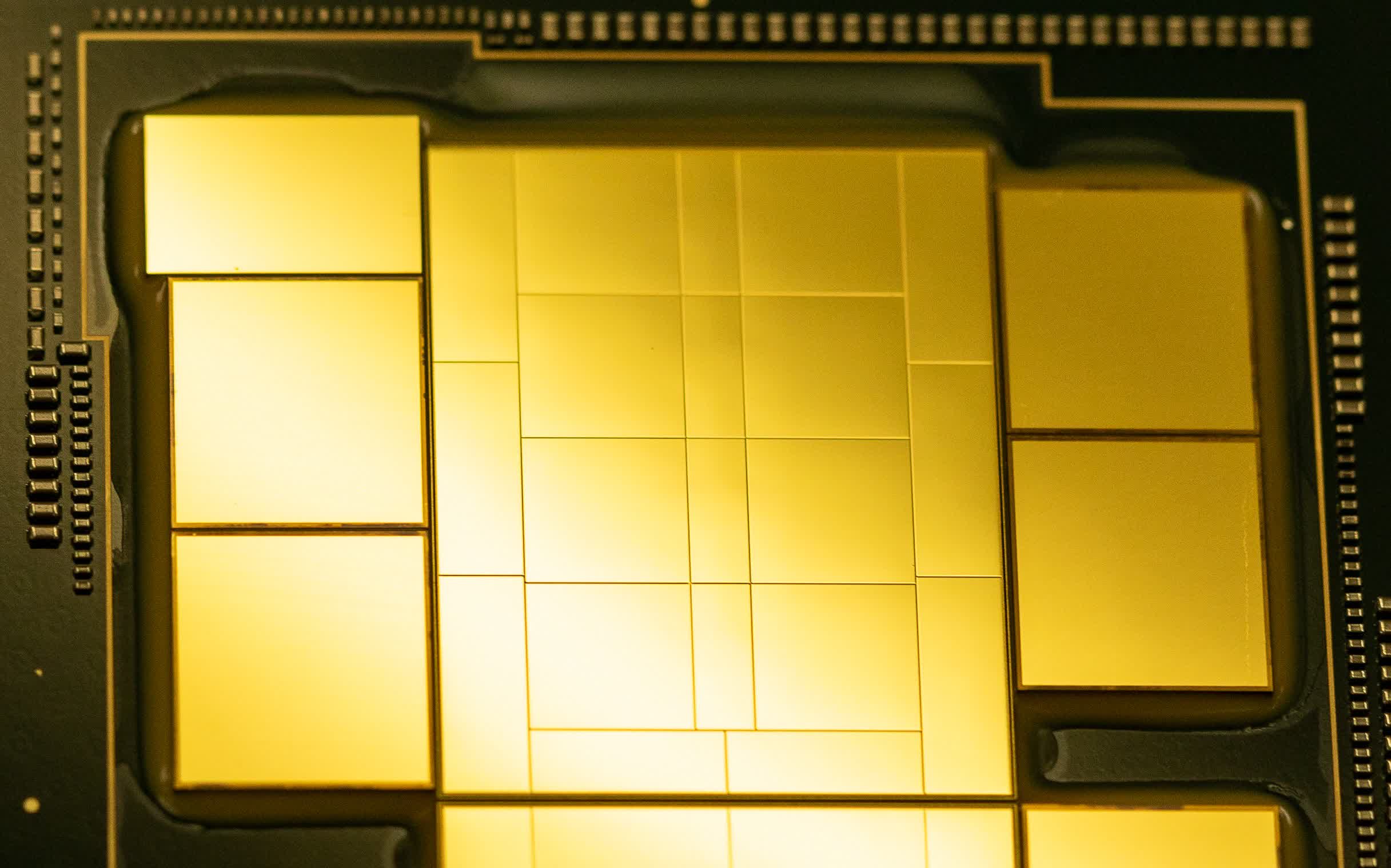Rumor mill: Rumors over the last year have painted a tumultuous picture of the development of Intel's 14th-generation Meteor Lake processors. The latest information takes things a step further regarding Intel's struggles to transition from its current CPU architecture suggesting the company has canceled Meteor Lake's desktop variants. The upcoming series might be struggling to match, much less exceed, Raptor Lake's clock rates.
November rumors stated Intel wasn't planning to release any Meteor Lake CPUs in 2023. Instead, the company would fill the 2023 product slot with a refresh of its latest Raptor Lake line with modest performance improvements. Meteor Lake would debut as a series of laptop CPUs in 2024 along with the 15th-generation Arrow Lake desktop processors, with a Meteor Lake desktop series to possibly follow.
However, trusted leaker @OneRaichu said this week that there may never be Meteor Lake desktop processors. The 14th-generation CPUs are supposed to mark Intel's transition to tile-based architecture, which is similar to the "chiplet" design AMD uses for its recent processors, but Intel might be struggling to maintain desktop-class performance amid the shift.
MTL-S seems maybe canceled."
--- Raichu (@OneRaichu) December 23, 2022
A piece of good news, however, is that Intel confirms Meteor Lake will support hardware AV1 encoding. The company's Arc Alchemist dedicated GPUs were the first to feature hardware AV1 encoding, while AMD's RDNA3 and Nvidia's Ada Lovelace GPUs quickly followed. CPUs have encoded AV1 through software for a little while, but only the latest GPUs can perform the task through hardware.
The new format allows more efficient compression than VP9 or H.264, but unlike H.265 it's also royalty-free. AV1 will help companies and individuals produce clearer video content more cheaply and efficiently. Currently, it requires relatively recent hardware to encode or decode, but support for the format is rapidly expanding.
Meteor Lake is supposed to combine the Intel 4 process node on its compute tile with TSMC's 3nm node on the GPU tile. The series may also feature integrated GPUs that support ray tracing based on Arc Alchemist's ray tracing capabilities.
Furthermore, the 14th-generation CPUs are expected to shift to a new socket. Raichu speculates that it may support three generations of processors like LGA 1700, which supported Intel's 11th, 12th, and 13th-generation CPUs.
